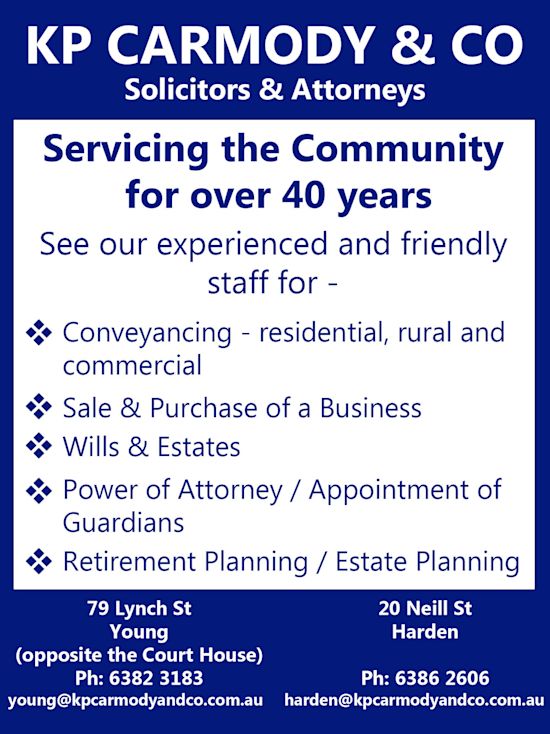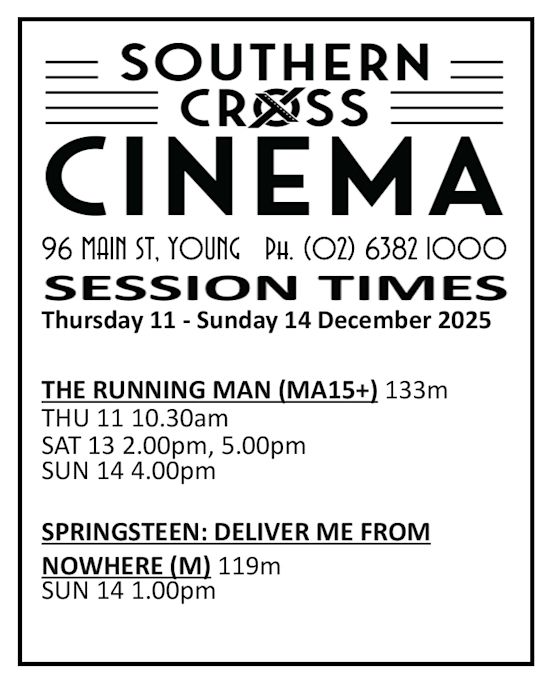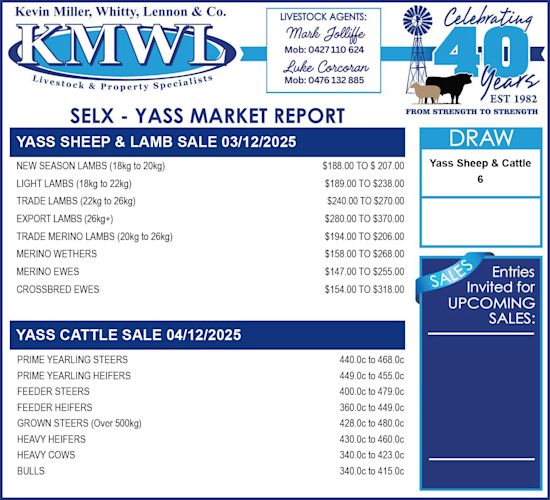People often don’t know where to start to get the mental health services they need. Your local GP or other health professionals can help connect you with the right mental health service, says Murrumbidgee Local Health District (MLHD).
“Seeking help is often the first step towards getting and staying well, but it can be hard to know how to start or where to turn,” said District Community Mental Health and Drug & Alcohol Manager Alison Thorne.
“It’s common to feel unsure and to wonder whether you should try to handle things on your own. It is always ok to ask for help – even if you’re not sure you are experiencing a specific mental health problem.”
You might want to seek help if you’re:
- Worrying more than usual
- Finding it hard to enjoy your life
- Having thoughts and feelings that are difficult to cope with, which have an impact on your day-to-day life
- Interested to find more support or treatment
- Worried about someone that you live with or care for
Anyone in distress who presents at a hospital Emergency Department (ED) in MLHD has access to timely mental health assessment via the Mental Health Emergency Consultation Service (MHECS).
MHECS operates out of Wagga Wagga and skilled mental health clinicians provide mental health assessments to people in all EDs across MLHD via video conference. Once assessed, the clinician consults with the on-call psychiatrist about the person’s ongoing needs.
According to their level of risk, the person might need admission to an Acute Mental Health Inpatient Unit (usually Wagga Wagga), admission to the local hospital for a short stay for support and stabilisation, referral to the relevant Community Mental Health team or referral to the person’s GP.
MLHD Community Mental Health Drug and Alcohol teams operate an outreach service to all smaller towns across the District. There are six Community Mental Health Drug and Alcohol teams across MLHD – Wagga Wagga, Griffith, Deniliquin, Temora, Young and Tumut - who operate outreach services to all communities.
These teams provide regular visits and includes services across the lifespan, including Specialist Child and Adolescent, Adult and Older Persons clinicians. Referrals to Community Mental Health services can be made via Accessline 1800 800 944.
Accessline provides 24 hour/7 day per week support, advice and referral to mental health and drug and alcohol services for people anywhere within MLHD. “Anyone with a mental health issue can use Accessline to speak with a mental health professional and be directed to the right care for them,” Alison said. Carers, other health professionals and emergency workers can also use Accessline for advice about a person’s clinical symptoms, the urgency of the need for care and local treatment options.
If you or someone you care about has a mental health or drug or alcohol problem and you would like to talk to someone, call Accessline on freecall 1800 800 944. Murrumbidgee Primary Health Network (MPHN) CEO Melissa Neal said that with funding from the Australian Government, MPHN commission a variety of mental health services throughout the Murrumbidgee region, which address community needs and the level of care and support individuals may require. All services commissioned by MPHN are free to access.
“We are committed to ensuring people receive the right services at the right time and in the right place, therefore we commission services within a stepped care approach. In a stepped care approach, a person seeking support is connected to the services that meet their needs and as their needs change, the services change with them,” Ms Neal said.
Ms Neal said services available include the low intensity program, NewAccess, and moderate to high intensity programs, such as Strong Minds and Well Connected. In addition, there are telehealth funded services – Connect and Connect for Kids – and local GPs have access to the GP Psychiatry Support Line, which provides support in psychiatric presentations in general practice.
“Suicide prevention is vital. We fund both the Wagga Wagga and Griffith headspace centres, The Way Back Support service, and suicide prevention training – particularly QPR (Question Refer Persuade) online training. There are some great online resources including the websites Head to Health and Healthdirect. More information about services available across the region and a factsheet is available on our website (mphn.org.au),” Ms Neal said.
Early intervention plays a key role in mental health care which is why the NSW Government is working with its agencies, Commonwealth and local governments, and community organisations to deliver suicide prevention initiatives.
Recently the NSW Government announced $90 million over the next three years will be invested in a first of its kind Strategic Framework for Suicide Prevention in NSW. The framework will bring a greater focus on building community wellbeing to avoid entering suicidal crises and provide the fundamental principles of suicide prevention to help communities develop essential strategies that meet their own local health care needs.
It’s expected initiatives from the Framework will have the biggest impact on suicide in NSW the State has ever seen and will ensure we reduce the number of lives lost to suicide in NSW.
These initiatives will be delivered across NSW, including in MLHD. In this year’s State Budget, people living with mental illness, their families and carers will benefit from a record investment of $2.1 billion in mental health services and infrastructure.
Stay Connected
Subscribe
Get in Contact
Hilltops News to your inbox
Sign up now for the latest news from the Hilltops Area direct to your inbox.





